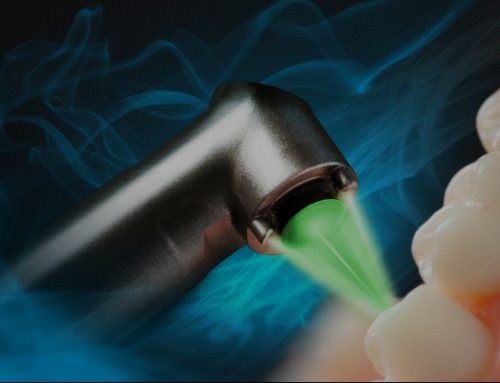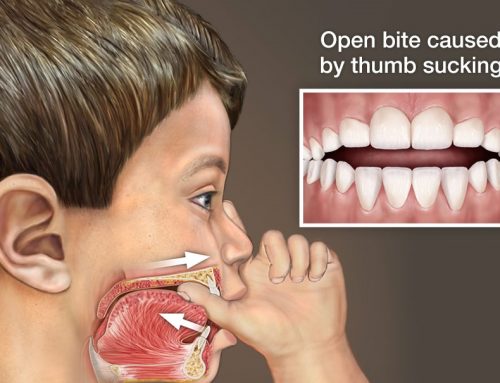Dr. Seuss describes baby Teeth as “Set One”. Some individuals wonder why spend time and resources on “Set One” when “Set Two” will follow close behind. “Set One,” as described by Dr. Seuss, is more commonly known as baby teeth, milk teeth, or deciduous teeth (the term we will use in this article).
Deciduous teeth are valuable teeth even though they exfoliate (fall out) to make way for the permanent teeth. Their most obvious functions are to help chew food effectively, speak clearly, and create a visually appealing smile. The front teeth (cuspids-centrals) enhance the beauty of a smile and allow for proper tearing of food, and proper speech. The primary function of the back teeth (molars) is for grinding food.
Molar teeth also assist with proper speech and serve as space holders for the permanent teeth.
What if my child has a small cavity, should it be treated?
YES, a deciduous tooth should be treated to have decay and bacteria removed. In a limited number of cases, treatment may not be necessary, if the tooth is loose or is close to exfoliating (falling out). If the tooth will be present in the dental arch for one or more years, most dentists recommend restorative treatment (composite or amalgam filling) to remove the cavity.
When a tooth receives treatment for a dental cavity, the diseased tooth structure will be removed and
prepared to hold a ‘filling.’ Proceeding with this treatment will help reduce bacterial counts in the mouth, prevent the possibility of a toothache, prevent further spread of decay, and preserve the proper position of the tooth in the dental arch. In addition, neighboring teeth are protected from the spread of decay by treating diseased teeth early.

Effects of premature loss of baby teeth
When a deciduous back tooth (molar) is lost prematurely due to dental disease, the neighboring teeth will shift (move) in an attempt to occupy the missing space. This scenario contributes to dental crowding and increases the likelihood that a child will need orthodontics.
An additional complication of premature (molar) tooth loss, is the disruption in the sequence of permanent tooth eruption. If a child loses a tooth prematurely, it can either delay or accelerate permanent tooth eruption. Either way, the final result is often an uneven bite and may require orthodontics to correct.
When severe dental disease is present and a deciduous molar extraction is necessary, your dentist will often use a space maintainer to help prevent this tooth-shifting. The goal of the space maintainer is to preserve the precious space that the diseased tooth occupied.
The premature loss of a deciduous, front tooth creates fewer dental complications. The child will still be able to function without the front teeth, however, a child’s speech may be impaired or the child may have difficulty removing bologna from a sandwich.
Deciduous Teeth and a Healthy Mouth/Body

Healthy, cavity-free teeth contribute to a child’s overall well-being. Dental check-ups are recommended two times per year for children. A child’s first dental visit is recommended to occur between ages one and two. Regular dental exams in combination with recommended dental radiographs allow for early detection of dental disease. Establishing a preventative care routine early will help make dental visit fun and something to look forward to in years to come.
Hogan Family Dental invites you to call us at (406) 234 -2926 to schedule your child a dental check-up appointment. We look forward to being your dentist of choice.






